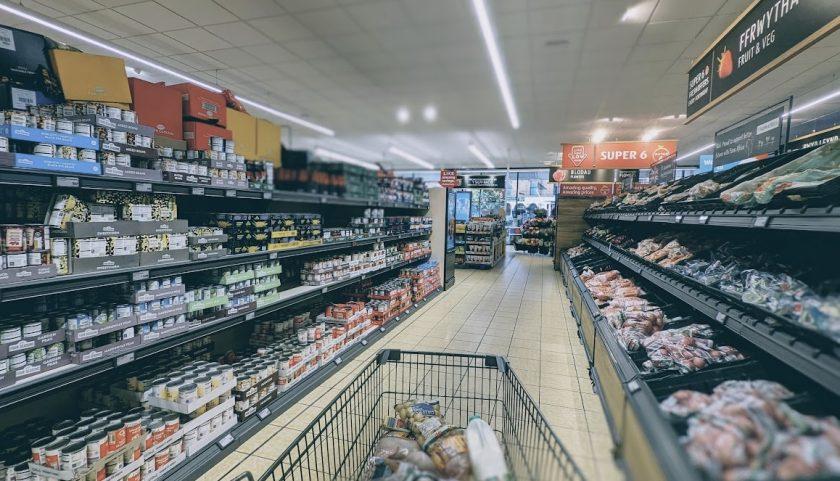Branded food soars by up to 130%, as consumer watchdog Which? calls for supermarkets to act

Consumer watchdog Which? has revealed that the cost of some branded food and drink products at major UK supermarkets has surged by as much as 130% over the past 12 months.
As household budgets tighten, the group is urging retailers, particularly those with significant convenience store footprints like Tesco and Sainsbury’s, to consider the needs of shoppers by stocking budget alternatives.
For its July inflation tracker, Which? analysed the prices of almost 26,000 food and drink items across eight key supermarkets, including Aldi, Asda, Lidl, Morrisons, Ocado, Sainsbury’s, Tesco, and Waitrose.
The findings were sobering. Despite branded products having a slightly lower year-on-year inflation (12.2%) compared to supermarket’s standard (14.6%) and budget ranges (24.3%), they typically come with heftier price tags.
However, it’s snack foods that seem to have been hit the hardest.
The data reveals that a 6-pack of Mr Kipling Chocolate Slices at Tesco soared from an average price of £1.16 in 2022 to a staggering £2.66 by July 2023.
At Asda, Lancashire Farm Natural Yogurt witnessed an 80% price surge, while Morrisons’ Pilgrims Choice Extra Mature Grated Cheddar shot up by 76%.
While a combination of factors, including the rising cost of animal feed, fuel, energy, labour, as well as poor harvests and the ripple effects of bird flu and a weaker pound, have driven up food prices, many consumers feel the pinch.
Although there was a slight dip in year-on-year supermarket food inflation from June to July, a two-year comparison showed a 25.6% increase from July 2021 to July 2023.
Moreover, despite recent price cuts on staples like milk and butter, they remain considerably pricier than before the cost of living crisis.
With the Bank of England’s prediction that food prices will maintain their high levels throughout the year, and perhaps never return to pre-pandemic figures, many, especially vulnerable families and individuals on low incomes, continue to grapple with mounting costs.
Recognising this dire situation, Which? has emphasised the necessity of affordable options.
Their previous research found that 67% of consumers believe that they’re being overcharged at convenience stores, and 45% often find it challenging to discover reasonably priced food.
In July, the Competition and Markets Authority also highlighted that consumers relying on convenience stores – which it agreed were more expensive – cannot adequately benefit from competition to the full extent of those with access to large supermarket stores.
Which? has been calling on the big supermarkets that also operate convenience stores – Tesco, Sainsbury’s, Asda and Morrisons – to stock essential budget range items in smaller stores and has today launched key tests for them to show that they are willing to do this in a way that will make a difference.
The criteria, prioritising those in need, reinforces the need for supermarkets to stock their convenience stores with a range of budget items that include items which support a healthy diet such as tinned, frozen or fresh fruit and vegetables and other staple foods needed to make healthy meals.
Sue Davies, Which? Head of Food Policy, remarked on the shocking scale of the price hikes, stating, “The enormous pressure faced by shoppers, especially families and those on low incomes, cannot be underestimated.” She urges supermarkets to take concrete steps towards alleviating this strain, concluding, “Which? is calling on supermarkets to ensure expensive convenience stores are stocked with a range of budget items that support a healthy diet.”
Spotted something? Got a story? Email: [email protected]
Latest News
